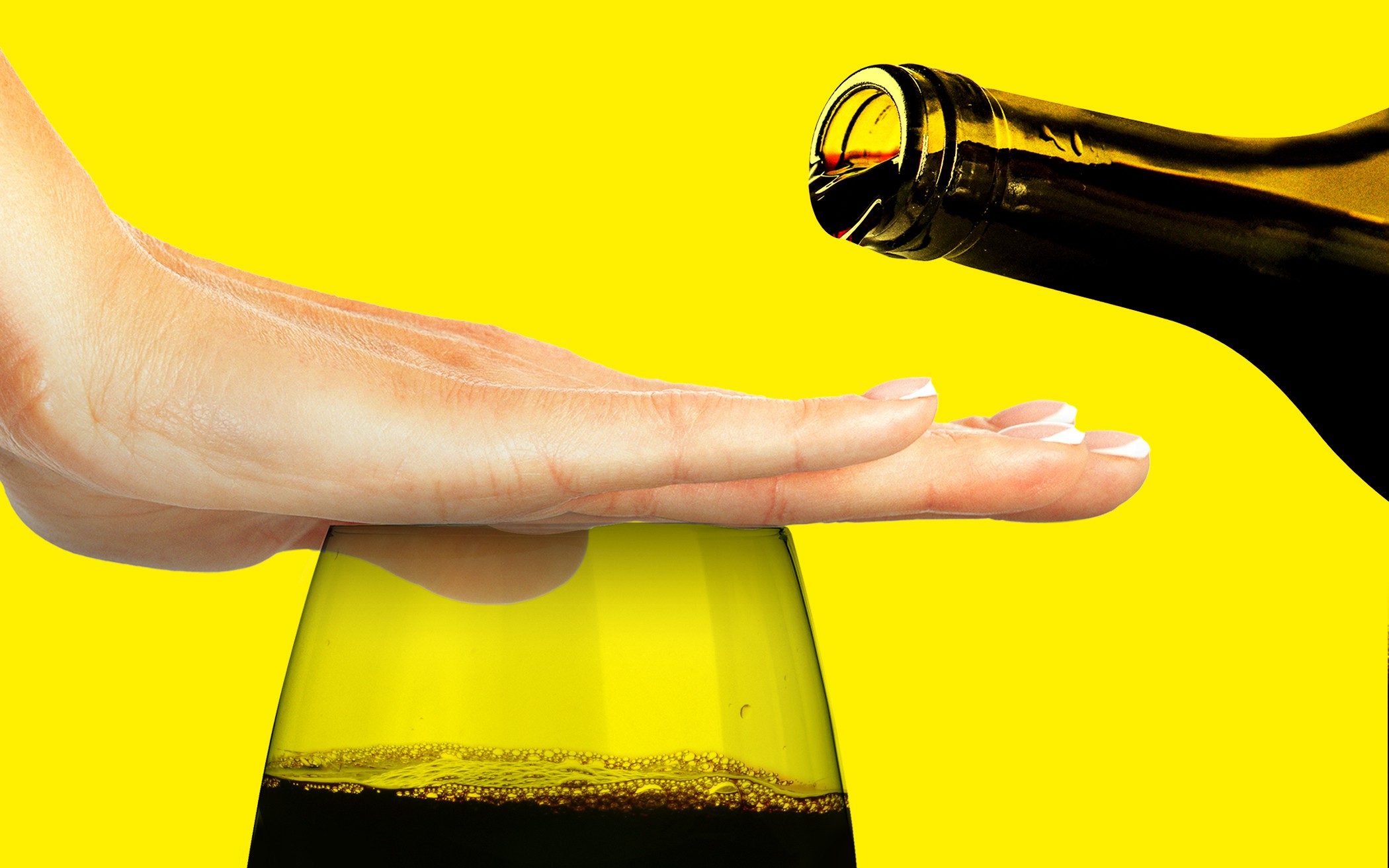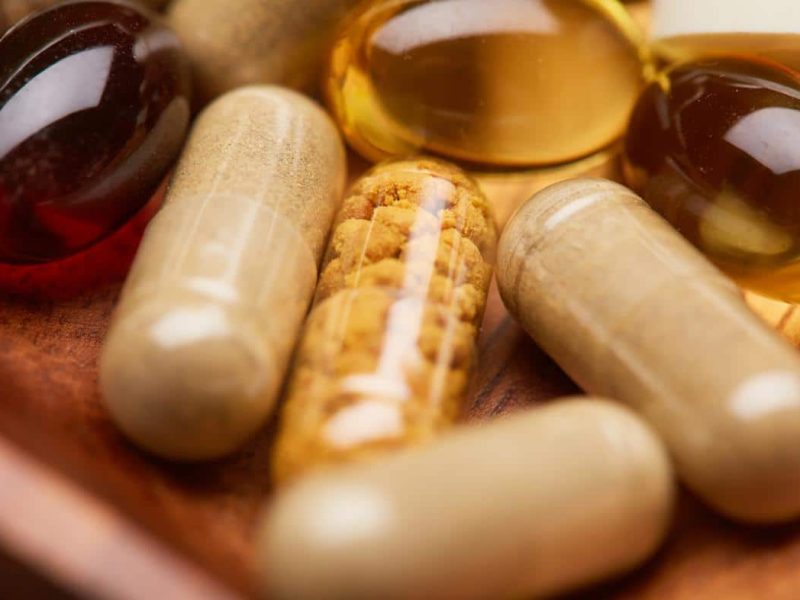Alcohol, at low doses, acts as a CNS stimulant, and at high doses, it produces CNS depression. Chronic use of alcohol increases the risk of hypertension, coronary artery disease, cardiomyopathy, and hepatic disorders. Moderate consumption of alcohol increases the level of HDL and decreases the risk of coronary artery disease. A concentration of alcohol greater than 300mg/dl in plasma can lead to death.
Alcohol is also known as Ethanol or Ethyl alcohol. Ethanol is converted to Acetaldehyde in the presence of Alcohol dehydrogenase. This Acetaldehyde is toxic in nature. The Acetaldehyde is then converted into Acetic acid in the presence of Aldehyde dehydrogenase.
Alcohol increases the release of Dopamine, which produces feelings of pleasure and euphoria. Alcohol is a diuretic; it increases urine production, leading to dehydration. This is the reason excessive alcohol consumption leads to hangovers.Alcohol irritates the gastrointestinal tract, leading to nausea, vomiting, and diarrhea.
The metabolism of alcohol takes place in the liver. A moderate amount of alcohol can be effectively processed by the liver, but excessive intake leads to liver damage, including fatty liver, alcoholic hepatitis, and cirrhosis.
Alcohol can dilate blood vessels, resulting in flushed skin and a feeling of warmth. This leads to increased heat loss in our body, making it most dangerous in cold environments. Initially, alcohol induces sleep, but gradually it disrupts sleep, leading to poor sleep quality.
Alcohol initially induces drowsiness and relaxation. However, excessive consumption can lead to mood swings, anxiety, and depression.


